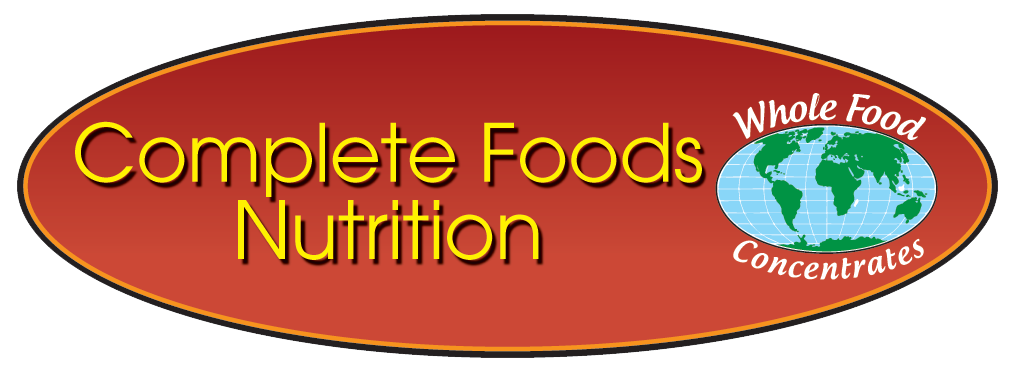What if the words “Whole Food” on your supplement containers didn’t really mean what they claimed? What if the picture of fresh fruits and vegetables on the label was just a misleading marketing ploy to attract legitimately health-minded consumers? After all, for individuals who choose to spend their money on natural food supplements, the phrase “Whole Food” being displayed on the packaging is likely one of the main reasons they will purchase the product. So, what does “food based”, “whole food”, or “natural ingredients” actually mean in legal terms when it comes to nutritional supplements - can we really be sure that “whole food” supplements are free from synthetic, isolated, or chemical vitamins?
Read MoreVitamins, vitamins, vitamins. Whether we get them from our daily diet, from sunshine, or from store bought capsules or liquids, vitamins are vital to our health and to the proper functioning of our bodies. Vitamin deficiencies can lead to a wide range of ailments spanning from anorexia to obesity. Depression, anxiety, fatigue, organ malfunction, and many other common mental and physical health challenges can be greatly minimized by proper nutrition and a sufficient supply of essential nutrients. However, whether or not the vitamins and nutrients that you consume are helping or hurting you largely depends on the source. What most people are not aware of is that all vitamins are not created equal, and the ones that come from synthetic sources may be doing far more harm than good.
Read MoreMany people don't get enough nutrition from their diet alone. Currently, over half of the US population takes synthetic nutrients in the form of man-made multivitamins (not derived from food). However, there has been much debate over whether synthetic nutrients provide the same benefits as natural nutrients. Some sources even suggest that synthetic nutrients may be dangerous. This article takes an objective look at the science on synthetic and natural nutrients.
Read MoreVitamins that have been made synthetically are readily available on a worldwide scale, and are sold in many different formulations. They are frequently added to a host of common foods such as dairy products, cereals, nutritional shakes, and baking flour. In the U.S. we have been taught for decades to believe that most vitamin supplements are highly beneficial. Indeed, under certain circumstances (such as with immuno-deficiency diseases) vitamin regimens have shown to be at least temporarily helpful in relieving certain symptoms, similar to the way we use some drug administrations. What we haven't been told is that large doses of synthetic vitamins, as recommended by many in the health industry, can become overwhelmingly toxic to our bodies. The same vitamin treatment that can potentially benefit sick individuals in the short term, may actually be devastating for people who are generally healthy in the long term.
Read MoreHere at Complete Foods Nutrition, we believe that eating affects tomorrow. To help you on your health journey, we want to share our delicious and nutrient-rich protein shake with some alternatives based on your diet or taste preference to be had for breakfast or between any meal!
Read More




